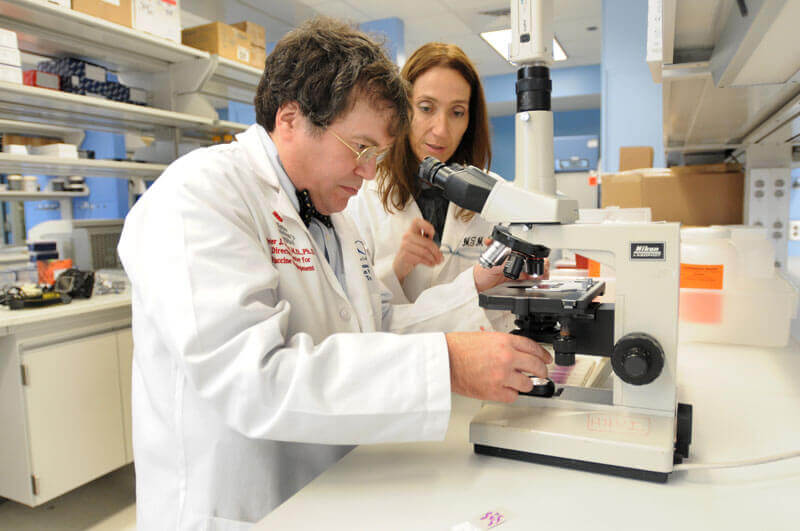Richard HatzfeldSabin Vaccine Institute
Richard Hatzfeld is Communications Director of the Sabin Vaccine Institute, a nonprofit dedicated to advancing vaccine research and development.
In this guest post, Richard Hatzfeld, communications director for the Sabin Vaccine Institute, writes about a special report on neglected tropical diseases in the Financial Times, and the need for increased research, partnerships, and support to combat these diseases.
Last Thursday, October 11, the Financial Times featured a special report on neglected tropical diseases (NTDs). Despite the fact that NTDs impact about one in six people around the world, many people—even some of those working in global health—have never heard of them. We’re hopeful that the efforts of organizations in our community, as well as features in publications such as the Financial Times, are helping to change this.
As the report describes in a number of comprehensive articles, global partnerships to combat these diseases have made huge strides in changing the way the public views NTDs. Research investment in NTDs has increased from $268 million in 2007 to $418 million in 2011. In January, the London Declaration hosted by the Bill & Melinda Gates Foundation represented a new era of cooperation in the work to address NTDs, with leaders from 13 pharmaceutical companies, governments of the United States, United Kingdom, and United Arab Emirates, as well as the World Bank and other global health organizations offering increased support. These recent efforts are a big step in the right direction, but there is still great need in the fight to eliminate NTDs. Despite increased awareness, donations, and effort, only 0.6 percent of international development assistance for health issues is given to NTDs, according to the Financial Times report.
The Financial Times special section led off with an article on the economic impact of NTDs, and pinpointed this as a reason behind the increased interest in exploring investment solutions. The Honorable John A. Kufuor (president of the Republic of Ghana, 2001-2009), NTD special envoy for the Global Network for Neglected Tropical Diseases—a program of the Sabin Vaccine Institute—highlighted this in one of the report’s articles, saying “[i]f the people are not healthy, they cannot be productive.”

Several articles in the special section reported on research and development projects that are being led by Sabin and our partners—particularly those addressing neglected diseases such as Chagas disease, dengue fever, and leishmaniasis. For most of these projects, partnership is the rule rather than the exception. Currently, the Sabin Vaccine Institute Product Development Partnership (Sabin PDP) has commenced Phase 1 clinical trials for a hookworm vaccine, and is projected to reach that point in 2013 for a schistosomiasis vaccine. And through our partnership with Eisai, Co. Ltd., Sabin has initiated pre-development and research phases for vaccines for Chagas disease and leishmaniasis.
Increased research and funding has done more than raise NTD awareness—it has also led to opportunities across the global health sphere. For example, the Financial Times highlights leishmaniasis research that may have cancer treatment implications. It is important to continue such research efforts, not only for the goal of reducing the burden of NTDs on poor communities, but for the greater benefit of advancing scientific discovery that carries the potential for broad-reaching improvements in global health and development.
Read the full Financial Times report here.